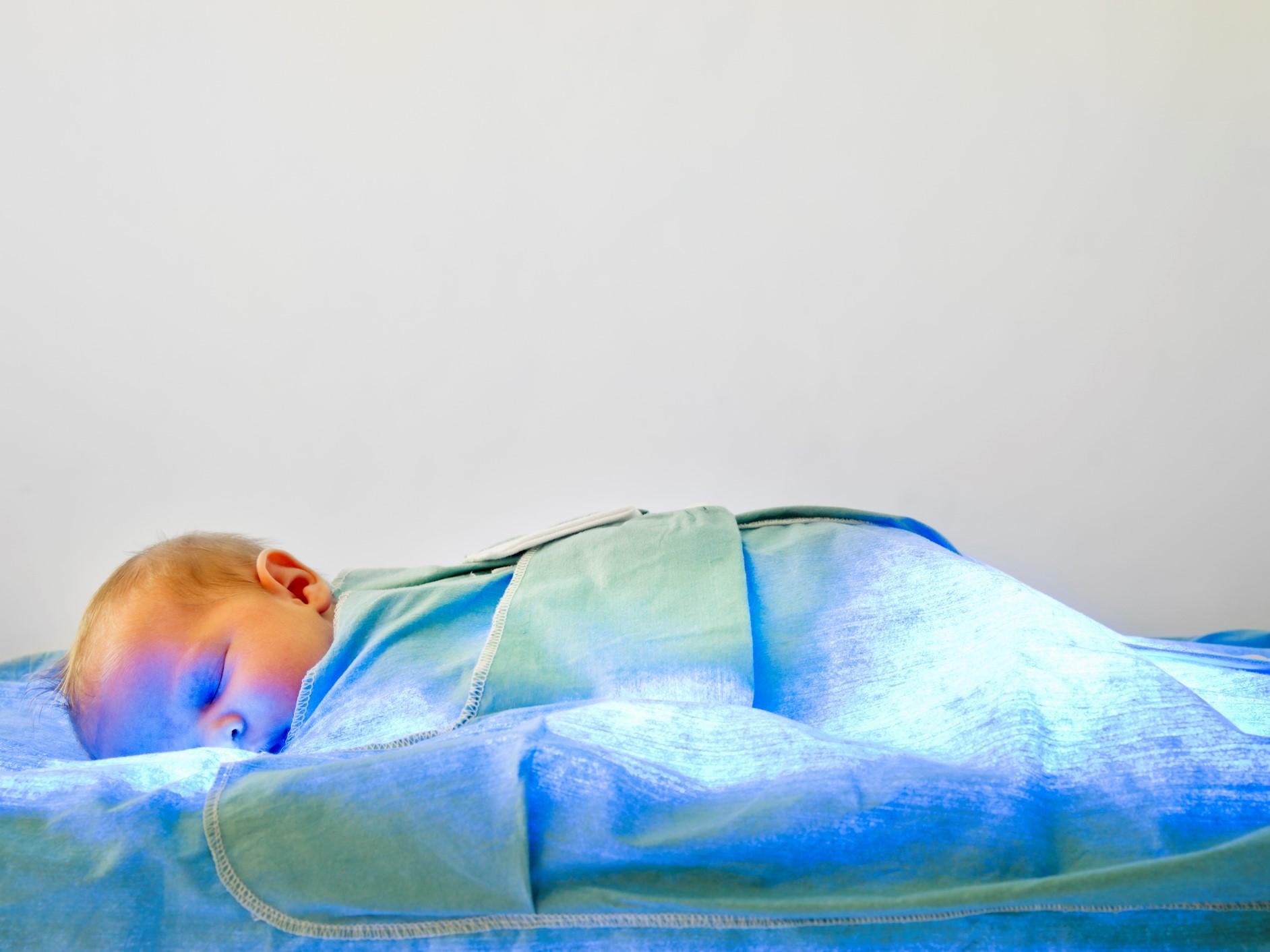New app detects jaundice in newborn babies
'We believe that this app could help prevent the deaths of newborn babies worldwide,' doctor says

Your support helps us to tell the story
From reproductive rights to climate change to Big Tech, The Independent is on the ground when the story is developing. Whether it's investigating the financials of Elon Musk's pro-Trump PAC or producing our latest documentary, 'The A Word', which shines a light on the American women fighting for reproductive rights, we know how important it is to parse out the facts from the messaging.
At such a critical moment in US history, we need reporters on the ground. Your donation allows us to keep sending journalists to speak to both sides of the story.
The Independent is trusted by Americans across the entire political spectrum. And unlike many other quality news outlets, we choose not to lock Americans out of our reporting and analysis with paywalls. We believe quality journalism should be available to everyone, paid for by those who can afford it.
Your support makes all the difference.Doctors in the UK have developed an app capable of detecting jaundice in newborn babies.
The condition affects more than half of all newborn babies and causes skin and whites of the eyes to turn yellow.
Although most cases are harmless, in severe cases a neurotoxic form can enter the brain, leading to death or disabilities such as hearing loss, neurological conditions such as athetoid cerebral palsy, and developmental delays.
Scientists from University College London and University College London Hospitals tested the app on the eyes of 37 newborns and processed images to remove the distorting effects of background light.
Matched against their blood test results, they say it successfully identified all cases where treatment would normally be required while identifying cases that would not require treatment 60 per cent of the time.
“In many parts of the world, midwives and nurses rely on sight alone to assess jaundice,” said UCL’s Dr Terence Leung, senior author of the paper.
“However, this is unreliable, especially for newborns with darker skin. Our smartphone-based method provides a more robust assessment, ensuring serious cases do not go unnoticed. While we await the evidence of a larger trial, we believe that this method, used as an app, could help to prevent the deaths of newborn babies due to severe jaundice worldwide.”
The larger trial, involving 500 babies, is currently under way in Ghana.
“Our screening method would require no special equipment apart from a smartphone and is a tenth of the cost of commercial devices used in the UK,” said Felix Outlaw, first author of the research, published in the PLOS One journal.
“Given that smartphones are common even in poor and remote parts of the world, being able to use them to screen for jaundice would have a significant impact.”
The app is part of a new wave of smartphone-based tools used to detect diseases and conditions, made possible by advances in software and camera technology.
In 2017, a similar app was developed by researchers at the University of Washington for adults in the hope of better diagnosing jaundice in cancer patients.
Additional reporting by agencies.
Join our commenting forum
Join thought-provoking conversations, follow other Independent readers and see their replies
Comments